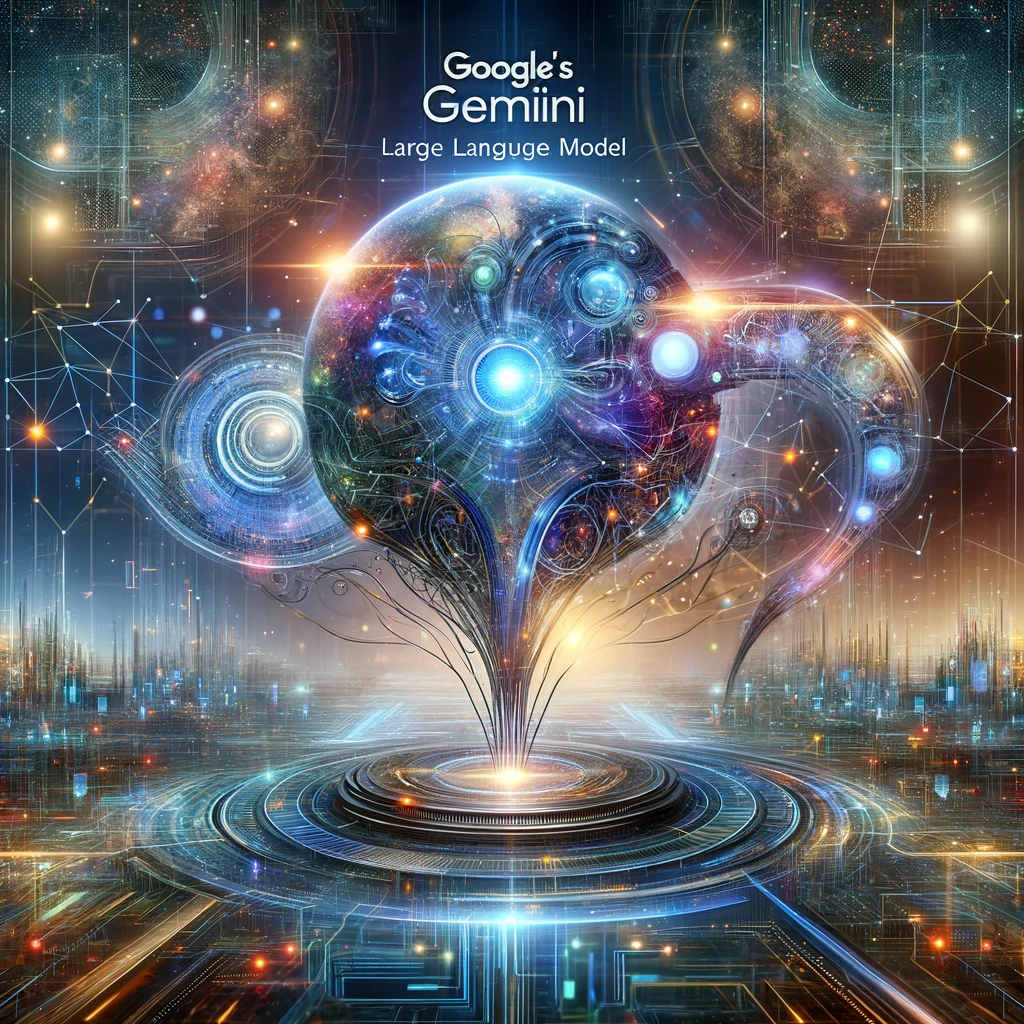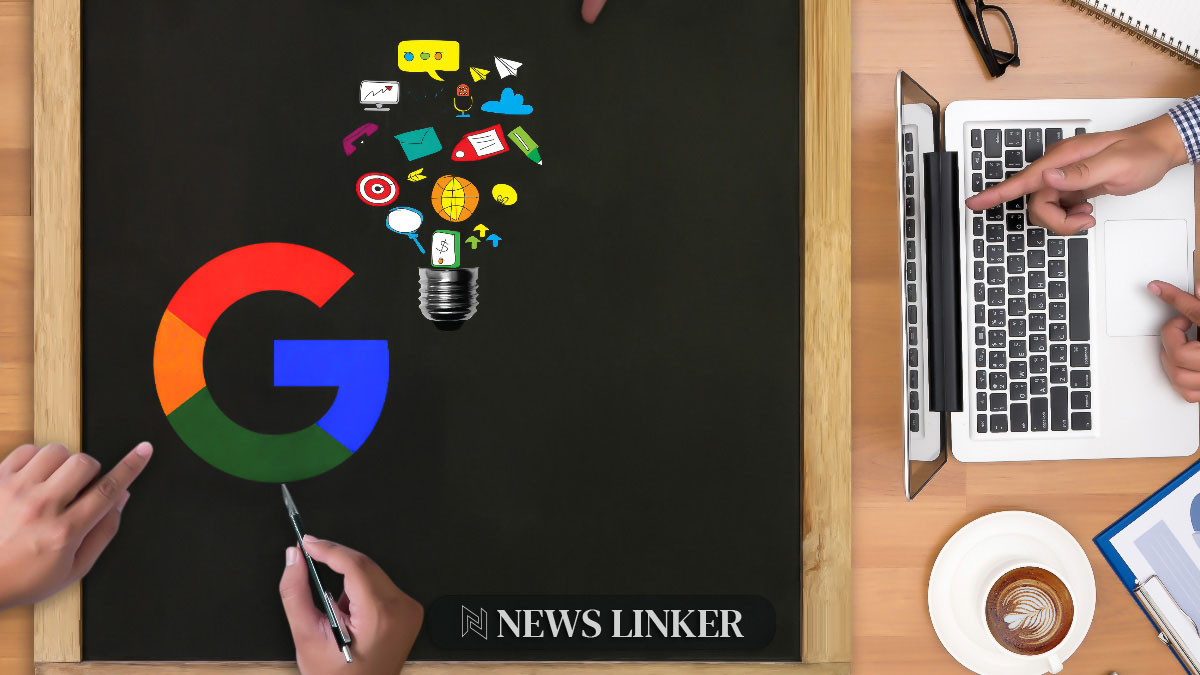Google has recently launched Gemini, its most advanced large language model (LLM), marking a significant step in AI technology. Designed to operate across various platforms, from data centers to mobile devices, Gemini introduces three distinct versions: Ultra, Pro, and Nano, each tailored for specific use cases.
Gemini Nano: Bringing AI Power to Mobile Devices
The most notable of these is Gemini Nano, a compact version of the model crafted to run locally on devices like smartphones. This innovation is currently exclusive to the Pixel 8 Pro but is expected to become a central element of Android’s future. The integration of Gemini Nano into mobile devices unlocks new potential, enabling features like auto-summarization in the Recorder app and Smart Reply in Gboard to function offline, providing quick and native user experiences.

Key Features and Innovations
Auto-Summarization in Recorder App: Leveraging Gemini Nano, the Pixel 8 Pro offers concise summaries of recorded content, functioning even without network connectivity.
Smart Reply in Gboard: Initially compatible with WhatsApp, this feature uses Gemini Nano to suggest contextually aware responses, enhancing conversational interactions.
Integration with Android: Google plans to embed Gemini Nano into the Android ecosystem, making it accessible for app developers through the new AICore system service.
Gemini Nano’s Role in Android and Pixel 8 Pro
Exclusive to Pixel 8 Pro: Currently, Gemini Nano is integrated into the Pixel 8 Pro, providing unique AI-driven features.
Potential Android Integration: Future plans include incorporating Gemini Nano into Android 14, enhancing the capabilities of numerous Android devices.
The Future of Gemini and AI Integration
With Gemini, Google is positioning itself at the forefront of AI technology, demonstrating a clear vision for integrating AI into everyday technology. The Pixel 8 Pro, with Gemini Nano, stands as a testament to Google’s commitment to advancing AI capabilities in mobile devices. As Gemini continues to evolve and expand across different platforms and devices, it promises to reshape our interactions with technology and open new horizons in AI applications.










